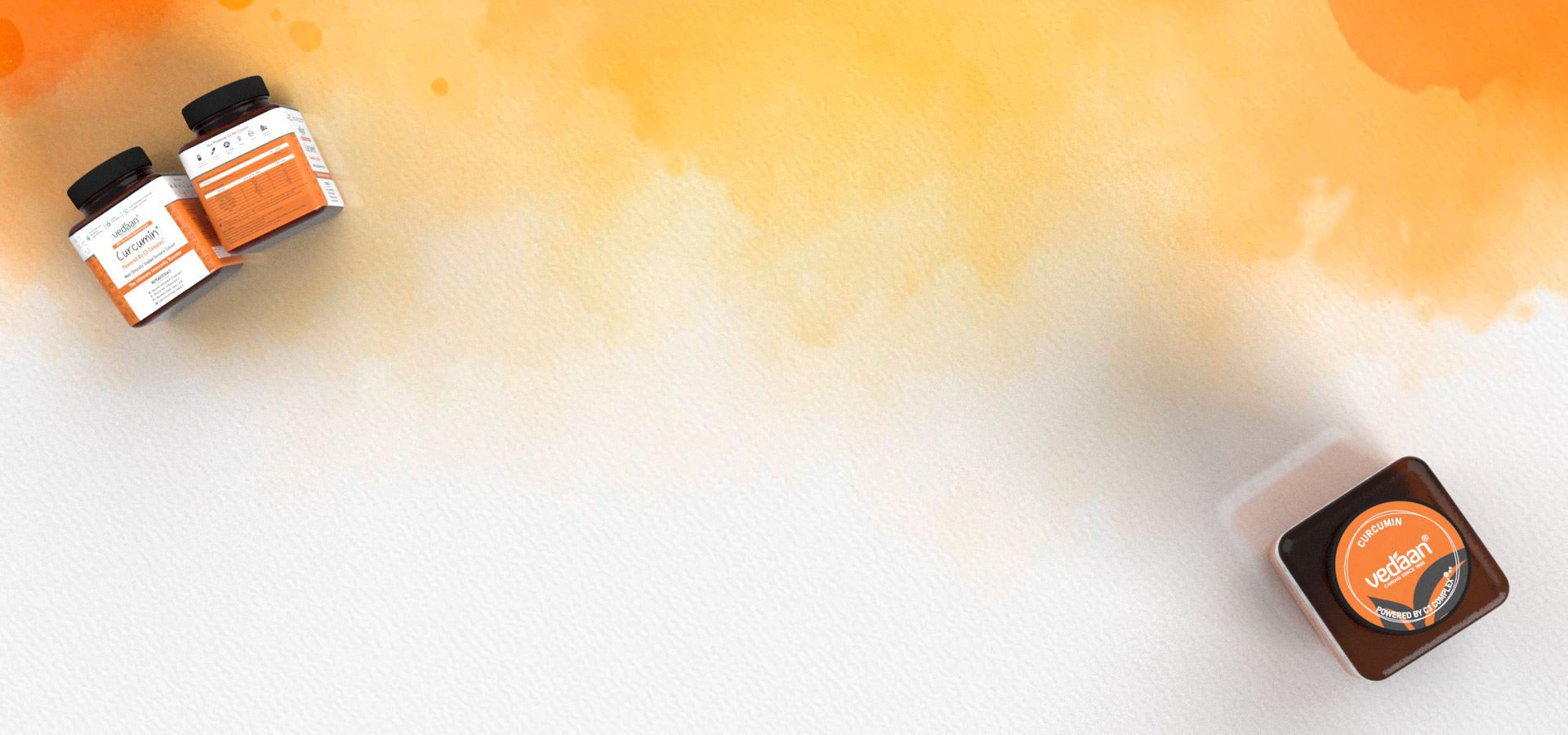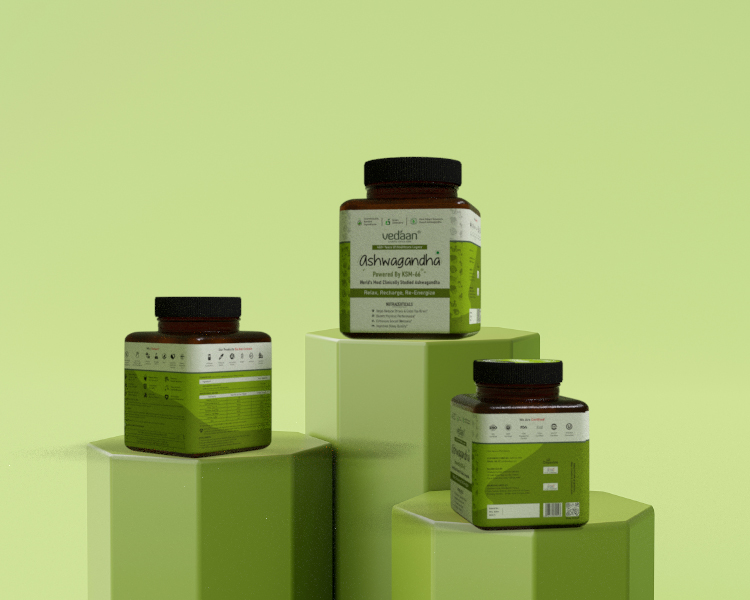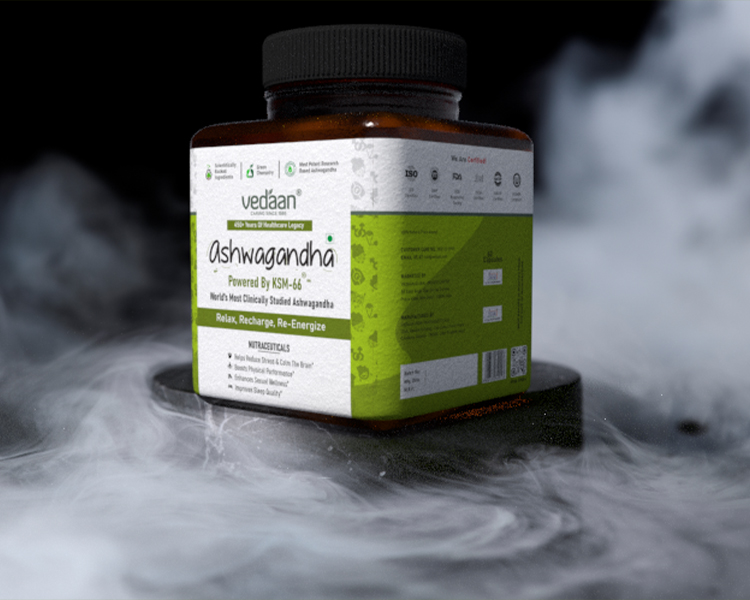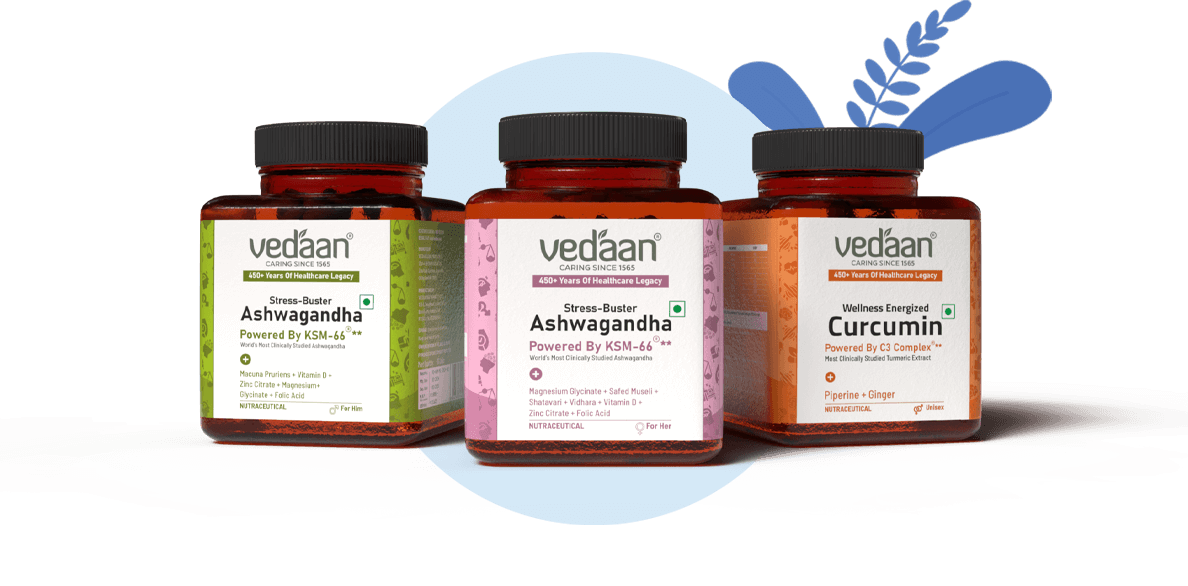You’ve probably heard about the numerous health advantages of turmeric and curcumin by this point. However, you may have also noticed that the two names are occasionally interchangeable in many studies.
Since curcumin is derived from turmeric, consumed for thousands of years for its health-promoting effects, the two are often mentioned together. Curcumin was found by scientists trying to figure out precisely what it is about these two substances that are so healthy for our bodies.
Describe Turmeric
The Zingiberaceae family of herbaceous plants, which includes ginger, includes the species of turmeric. The plant has several branches and is around 1 m tall. It is a perennial herb with a cylinder-shaped, flavorful, aromatic rhizome. Although it originated in southwest India, it has spread worldwide, especially on dry to moderately wet soils. It is regarded as a vibrant, fragrant, and tasty herb for culinary and medical purposes.
Describe Curcumin
The primary phenolic molecule known as curcumin, which gives turmeric its characteristic yellow color, is a curcuminoid. Curcumin is a chemical diarylheptanoid, and Vogel and Pelletier were the ones to discover it.
Keto form and enol form are the two primary forms of curcumin. The enol form predominates in the water, while the keto form is more energetically unstable in the solid phase and organic solvents. As a result, Curcumin has a distinctively straightforward flavor that is mildly bitter, slightly spicy, and smells like mustard.
What Links Curcumin and Turmeric?
Although curcumin and turmeric are linked, they are not the same thing. Curcumin, the substance that gives turmeric its medicinal properties, is found in the rhizome of this yellow spice from the ginger family. The active ingredients in turmeric or curcumin are called curcuminoids. Curcumin, demethoxycurcumin, and bisdemethoxycurcumin are polyphenolic pigments known as curcuminoids, with curcumin being the most prevalent of the three.
Like oranges and vitamin C, turmeric and curcumin have a similar effect. An orange has 50 mg of vitamin C on average, although most doctors advise 10–20 times that amount for various reasons. The amount of curcuminoids in turmeric is approximately the same. You can find a modest quantity of curcuminoids in the whole turmeric. Still, you’ll need to take a concentrated supplement to reach a clinically significant level for excellent inflammatory response, weight control, and healthy joints. However, it is always recommended to advise your doctor before taking turmeric or curcumin capsules in any form.
Turmeric vs. Curcumin
Turmeric contains the naturally occurring chemical component curcumin. Contrarily, curcumin likely receives its name from turmeric, which is the root of a plant known technically as Curcuma longa. The turmeric root is washed, cured, and then dried once gathered. Additionally, turmeric is a fantastic source of curcumin, much like spinach is packed in iron, and lemons are bursting with vitamin C.
Curcumin typically makes up 2 to 5% of a turmeric root. In addition, a brilliant yellow chemical family called curcuminoid includes curcumin, which is a member of that family. The spice’s characteristic color comes from these components. In 1815, curcumin was recognized for the first time as a chemical. Since then, research has been done to discover its capabilities. Curcumin has been promoted as a remedy for everything from pain and inflammation to combating tumors and enhancing brain health since it is thought to work on several functions and processes simultaneously. Hence, the turmeric and curcumin capsules benefits are many.
Health Advantages of Curcumin and Turmeric
- Curcumin, a potent anti-inflammatory, and antioxidant compound, is a turmeric component. Therefore, most research employs standardized turmeric extracts with high levels of curcumin.
- Curcumin and turmeric increase the brain hormone BDNF, which promotes the development of new neurons and may aid in preventing several neurodegenerative disorders.
- Curcumin and turmeric positively affect many elements known to contribute to heart disease. Additionally, it has antioxidant and anti-inflammatory properties.
- On a molecular level, curcumin and turmeric cause several changes that could potentially treat or even prevent cancer.
- The degenerative progression of Alzheimer’s disease has been significantly improved by curcumin and turmeric, which can pass the blood-brain barrier.
- Joint inflammation is a typical feature of the condition known as arthritis. Numerous studies have demonstrated the effectiveness of curcumin and turmeric in treating the signs and symptoms of arthritis, sometimes outperforming anti-inflammatory medicines.
- According to a study involving 60 depressed individuals, curcumin and turmeric are good for reducing depressive symptoms.
- Curcumin and turmeric may increase longevity due to their various advantageous health effects, which include the potential to prevent heart disease, Alzheimer’s disease, and cancer.
How To Use?
You should also be aware that fat must be added to acquire turmeric’s nutrients. On the other hand, curcumin in turmeric can be readily absorbed into the digestive system and the bloodstream when consumed with healthy fats like coconut oil, ghee, or olive oil. The fact that black pepper and turmeric are often used together is another intriguing fact. Most of you are familiar with turmeric milk, an age-old Ayurvedic beverage proven to increase immunity naturally. However, you should realize that you must add a pinch of pepper to this beverage to get the health advantages of turmeric milk.
Curcumin’s limited bioavailability prevents it from being used by itself in the human body in an efficient manner. Simply put, this indicates that the majority of it is digested before it can be absorbed. Black pepper’s active component, piperine, aids in increasing curcumin’s bioavailability so that your body can more readily absorb it. In addition, it stops some digestive enzymes from doing their jobs, preventing the absorption of curcumin. Turmeric curcumin is frequently extracted and sold as a supplement. But before selecting to eat these, we’ll advise you to talk to your doctor. The nutrients should always be obtained fresh from the source.
The Bottom Line
While curcumin supplements give an isolated form of turmeric’s most potent antioxidant molecule, turmeric supplements take a whole-food approach, maintaining more of the root’s nutrients as nature intended. Whatever angle you take, the health advantages of this fantastic spice are apparent and universal.
If you want to buy the best curcumin capsules in India, Vedaan India tops the list. You can get many benefits from our Vedaan curcumin, as all our products are safe, clinically tested, and certified.





